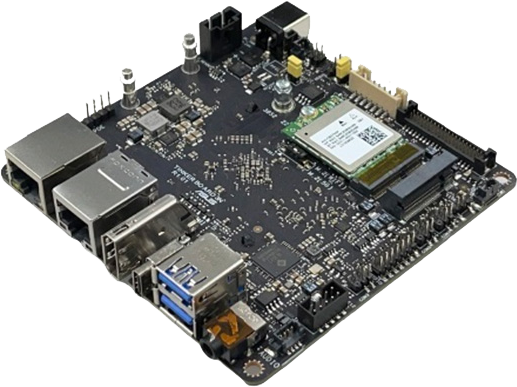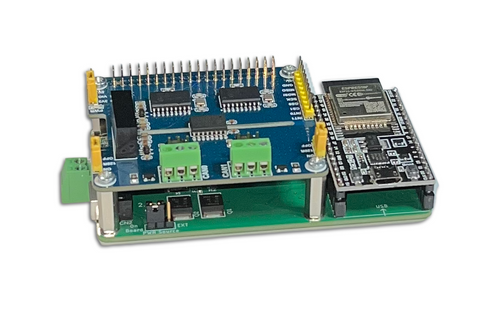Recent Posts
ARM-Based SBC with PoE, LVDS, COM, CAN Bus for IIoT
Posted by on
Asus IoT, a Taiwanese company, has announced the release of their Tinker Board 3N SBC, a single-board computer implementing the 64-bit RK3568 processor by Rockchip, a derivative of the ARM V8 architecture. The processor provides adequate performance for seamless graphics processing with low power consumption. In-house tests show that the SBC delivers up to 17 percent higher GPU performance and up to 31 percent increase in total UX score, containing data security, processing capabilities, and image and video processing.
The product excels as a IoT gateway, human-machine interfacing (HMI), and factory automation. The NUC-sized SBC supports Linux Debian, Yocto, and Android operating systems. Its thermal design streamlines the deployment of embedded applications, guaranteeing operation in harsh environments.
The board is equipped with PoE, LVDS, COM, CAN Bus interfaces, and M.2 E and M.2 B slots to accommodate WiFi 5/6 and 4G/5G expansion modules for cloud computing. The onboard LVDS supports FHD output via dual channels, making it suitable for multiple display solutions. The CAN Bus interface supports diverse applications, such as controllers and robotic arms.
Besides the computing performance, the SBC features several mechanical design enhancements. It comes with a low-profile pushpin heatsink and SoC placement on the back side for added strength and ease of installation, with its miniature NUC-scale dimensions permitting SWaP-constrained space deployment and flexible system integration. It performs in harsh industrial environments, with an operating temperature range of -40 to 85°C.
Features
- 64-bit, quad-core Arm Cortex-A55 processor, built on the Arm v8 architecture
- Dual LAN built in, and PoE PD supported via expansion module
- 4G, 5G, Wi-Fi 5 and Wi-Fi 6 supported via expansion module
- LVDS, eDP, COM and CANbus embedded and industrial interfaces supported
- Wide -40 to 85°C operating-temperature range
- Linux Debian, Yocto and Android operating systems supported
espBerry - ESP32 Development Board with Dual Isolated CAN Bus HAT
The espBerry DevBoard combines the ESP32-DevKitC development board with any Raspberry Pi HAT by connecting to the onboard RPi-compatible 40-pin GPIO header.
The Dual Channel CAN Bus expansion HAT, designed for the Raspberry Pi, supports the full CAN2.0 Standard, and it features multi onboard protection circuits, high anti-interference capability, and reliable operation. As a result, it suits applications such as automotive devices or industrial automation.
The HAT is well documented, and there are multiple code samples using the C programming language under the Arduino IDE.
 Loading... Please wait...
Loading... Please wait...


